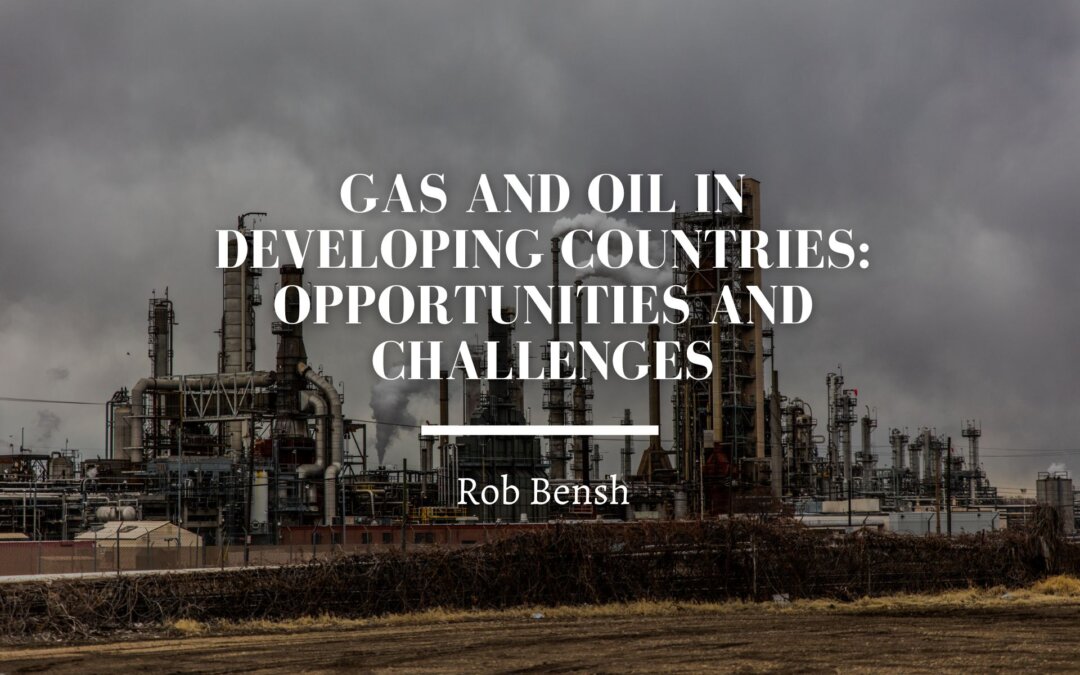For decades, oil and gas resources have played a significant role in shaping the economies of various developing countries. However, as the world transitions towards a more sustainable and renewable energy future, the dependency on oil and gas for economic development is becoming less certain. This article explores the opportunities and challenges associated with oil and gas in developing countries, taking into account the changing energy landscape and the rise of renewable alternatives.
Historical Significance:
In the past, oil and gas reserves have provided substantial wealth and opportunities for economic growth in many developing countries. Revenue generated from oil and gas exports has enabled governments to invest in infrastructure, healthcare, education, and other development initiatives. Additionally, the presence of these resources has attracted foreign investments and spurred job creation in related industries.
Positive Impacts:
Oil and gas extraction can create employment opportunities and stimulate economic growth in developing countries. The industry requires skilled labor, which can contribute to the development of local talent and expertise. Furthermore, oil and gas projects often involve extensive infrastructure development, which can have positive ripple effects on other sectors of the economy.
Negative Impacts:
Despite the economic benefits, there are several challenges associated with oil and gas extraction. One of the most significant challenges is the environmental impact. The extraction, transportation, and burning of fossil fuels contribute to air and water pollution, greenhouse gas emissions, and climate change. These issues have far-reaching consequences for both the environment and public health, which can hinder sustainable development in the long run.
Technological Change and Energy Transition:
The energy sector is undergoing a rapid transformation, with a growing emphasis on renewable energy sources. Technological advancements and declining costs have made renewables, such as solar and wind power, increasingly competitive alternatives to fossil fuels. As a result, the long-term viability of oil and gas as primary energy sources is being questioned.
Opportunities for Diversification:
Developing countries heavily reliant on oil and gas exports face the risk of economic volatility due to fluctuating global prices and demand. Therefore, it is crucial for these countries to explore opportunities for diversification. Investing in renewable energy infrastructure, such as solar and wind farms, can not only mitigate environmental concerns but also provide avenues for economic growth and job creation.
The Role of Policy and Investment:
Government policies and international cooperation play a crucial role in shaping the future of energy systems. Developing countries can incentivize renewable energy adoption through supportive policies, such as feed-in tariffs and tax incentives. Additionally, attracting foreign investments in renewable energy projects can help accelerate the transition away from fossil fuels.
While oil and gas have historically contributed to economic development in many developing countries, the changing energy landscape and the increasing availability of renewable alternatives pose both opportunities and challenges. It is crucial for developing nations to carefully consider the long-term implications of relying on oil and gas and to embrace the transition towards sustainable and clean energy sources. By diversifying their energy mix and adopting supportive policies, these countries can position themselves for a more resilient and prosperous future.
